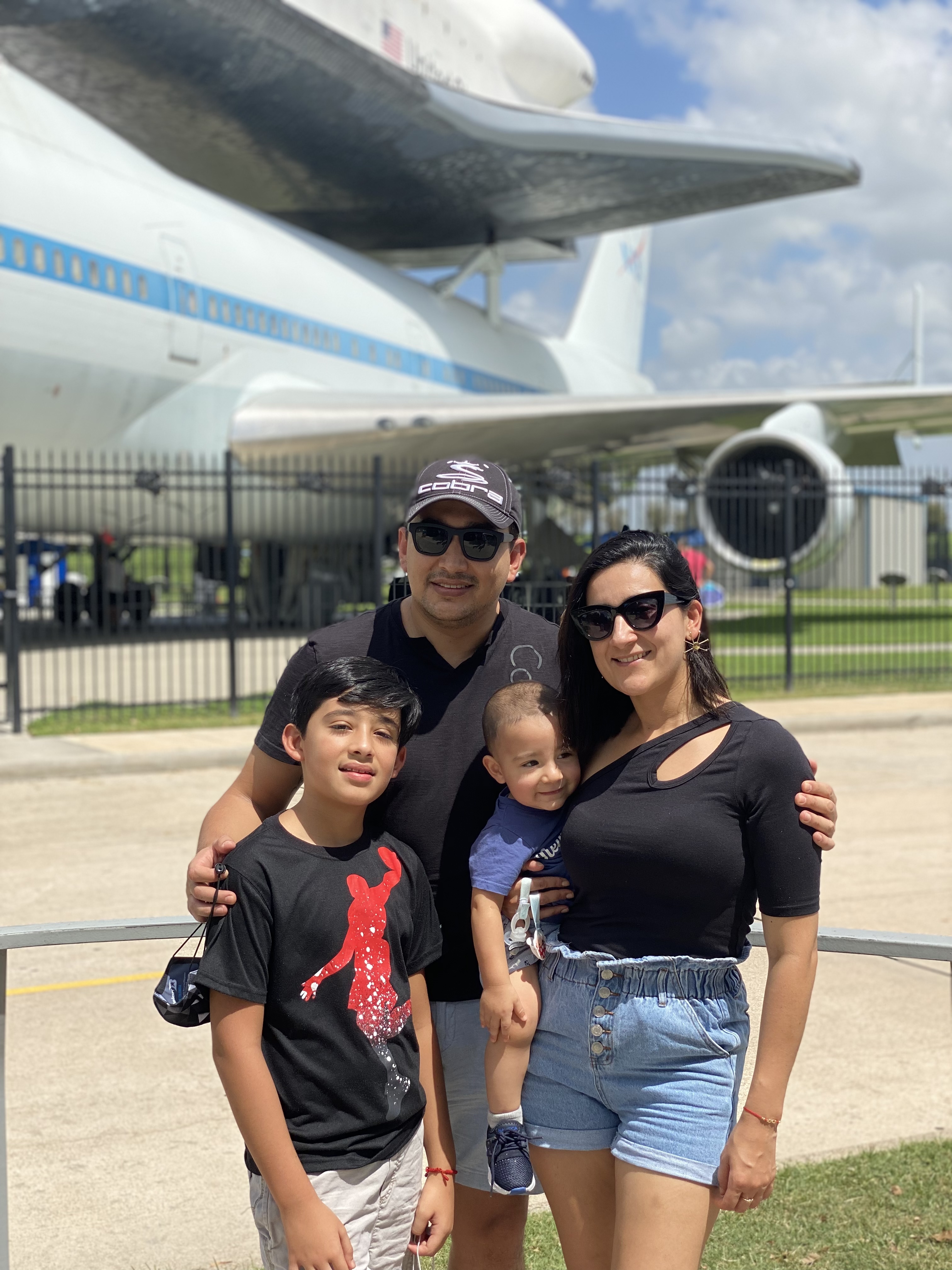


It's still entertaining, but especially when the entire series up until the final bit is built around a team of quirky kids scraping by, the ending can feel like a jarring change of process. It feels like characters lose a lot of agency around the climax, and that a lot of what ends up happening is no longer really in their control. There's a lot more hand-waving, stunted screenwriting, and slimmer resolutions to issues than I would have liked.
#Nasa houston orbital children how to
But you can definitely feel that the screenwriters were struggling a bit on how to accurately express "11th dimensional thinking." The complexity of these more complicated topics which you would see in something like Interstellar slip here whereas Interstellar focuses its entire premise on these broader philosophical goals, Orbital Children has a much more limited time frame to explore the same ideas, and it shows in the delivery. These are really awesome ideas, and they were entertaining throughout Orbital Children's runtime. It wants to explore these deeper ideas of AI, sentience, and thought beyond the human consciousness however, it also wants to explore ideas like God, fate, and purpose. Part of this comes from the concept itself. The show falters on its more complex and philosophical notions. It really makes you as a viewer root for them as a group. It's neat to see the kids solving puzzles for their own survival it really feels like the deck is stacked against them any time a new problem emerges, and either by dumb luck, smart thinking, or good teamwork, they're always able to pull through to the next challenge. Because it doesn't take itself too seriously, it also means the scenes are fun. Although they take a lot of liberties (this is more science fantasy), I appreciated a lot of the little details that other shows might miss: lots of logical talk of trajectories, gravity, pressurization, and more are all nice touches, especially in anime, which really enjoys hand-waving more scientific concepts. They use legitimate science fiction concepts to explore the ideas in the early portions of the show. The survival and action portions of the show are well done in my opinion. So the bravery of the show to try to tackle all these concepts at once is ambitious and interesting.Ī better criticism is whether it explores these concepts well. But originality is dead, and blending these concepts isn't something I've ever seen before. This does mean the core story is fairly derivative you've seen these stories before elsewhere, and probably have seen them done more competently. It's a bit of an survival story, followed by an action romp, and then explores some deeper philosophical concepts. Because of this, it stays quite focused on its core premises. Orbital Children has a very brisk pace, at only half the episodes of a normal anime. Lots of people complain about this, and I can't fathom why. The best part about Orbital Children is its pacing. It's a little bit Interstellar, a little bit Gravity, and a little bit of Her all wrapped up into one complete package. This series really wears its inspirations on its sleeve. Delightful! Orbital Children takes inspirations from some of the best sci-fi narratives in the industry, and dilutes it into something fresh and unique.


 0 kommentar(er)
0 kommentar(er)
